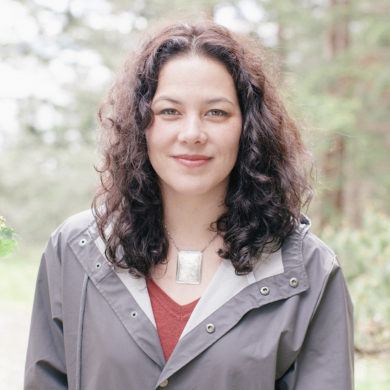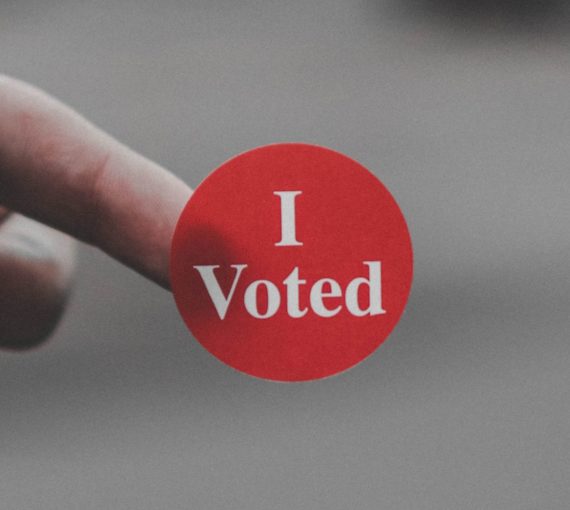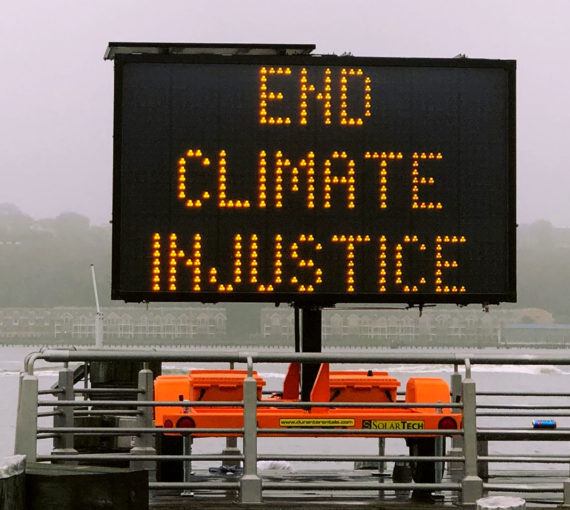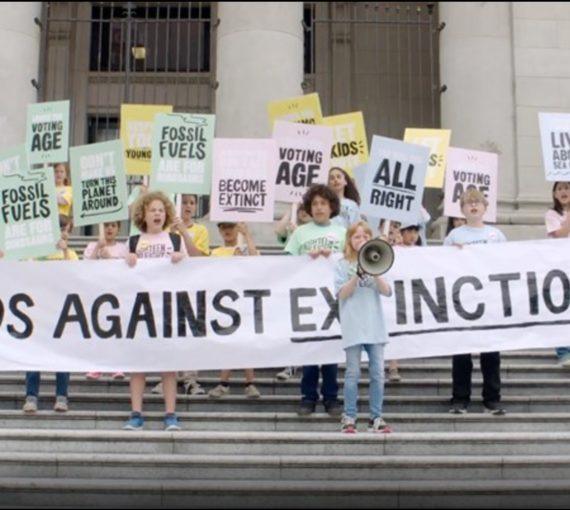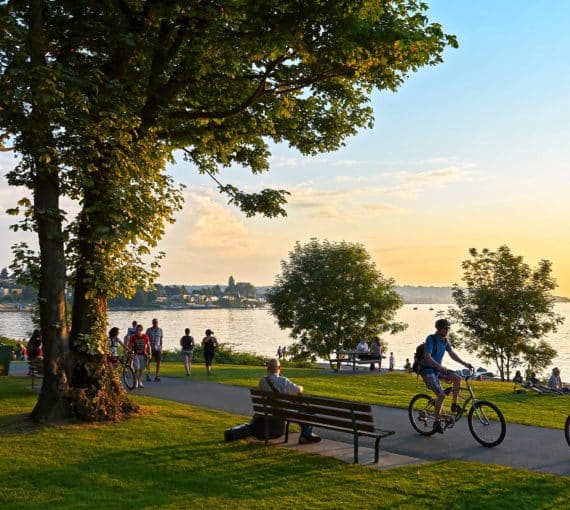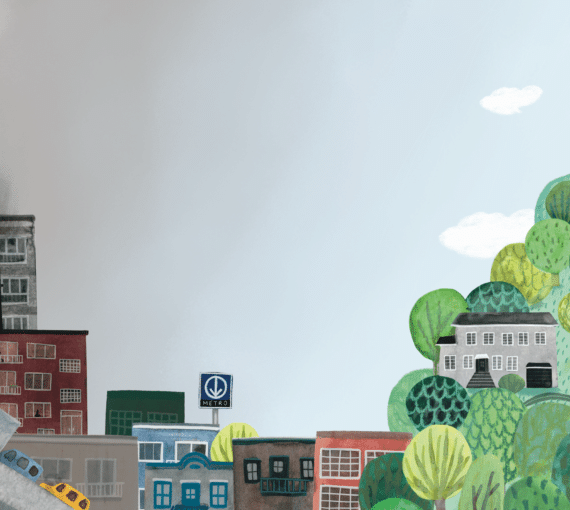
As British Columbians throughout the province prepare for flooding events, storm surges, heat waves and wildfire smoke, Vancouver’s city council will need to act on commitments already in motion while moving forward with even more. (Photo: Lukas Kloeppel via Pexels)
As we moved into October, I felt relieved that we made it through summer without another heat dome like last year. Only three days of smoke from nearby fires in early September, the half-dismantled barge in English Bay and damage to seawalls serve as reminders of the pressures on our climate and what’s on our doorstep.
Climate hasn’t always been top of mind in municipal elections — but today, it must be. As we face more extreme and frequent weather-related events — like heat domes, wildfires and atmospheric rivers — we need a climate-leadership council to prepare Vancouver for what’s ahead.
As we face more extreme and frequent weather-related events — like heat domes, wildfires and atmospheric rivers — we need a climate-leadership council to prepare Vancouver for what’s ahead.
Nearly half of Canada’s emissions fall under city control. To be ready for the future, a lot of work is needed to drive down emissions, adapt our city for worsening climate impacts, build resilience and health in communities and address inequities that climate disruption will only make worse.
As one of the first cities to declare a climate emergency, in January 2019, Vancouver has shown some leadership in creating its climate emergency plan. But the new council will have its work cut out to implement the climate-positive policies introduced by the previous council.
As we prepare to vote on Oct. 15, Vancouverites need to demand clear positions from candidates on these four key climate areas:
1. Buildings
With nearly 60 per cent of Vancouver’s carbon pollution coming from fossil fuels that heat and cool buildings, progress on policies approved in the four Climate Emergency: Building Emissions Reduction Reports will be key. Electric heat pumps — powered almost fully by renewable hydroelectricity — will make living spaces more comfortable in all temperatures, reduce carbon emissions and get us off of polluting fracked gas.
Canada’s first cap on carbon emissions from existing large commercial buildings will start in 2026. Efforts to limit emissions from the whole life cycle of a build (called embodied carbon) in new construction starts in 2025, along with mandatory cooling systems that prioritize electric heat pumps. With increasing evidence of the negative consequences of gas stoves on indoor air quality, the pressure is on city staff to report back on banning gas cooking and fireplaces from new homes.
2. Climate-friendly city design
City council will make decisions on implementing the Vancouver Plan (passed in July). This includes the first citywide ecological strategy for restoring ecosystems and protecting green spaces and tree canopies. With extreme heat events (think heat dome) expected to increase as the climate crisis worsens, working with nature to cool the city will be crucial.
We need well-planned, compact, walkable neighbourhoods that connect to the greenest transportation options and transit hubs, which are key to reducing sprawl and car use. This will also improve health as people get more active.
3. Climate costs
Vancouver was the first city to support the Sue Big Oil campaign, and the idea is spreading across the country. Our next council needs to follow up on steps taken in July toward suing major oil companies and seeking damages to ensure they pay their share of Vancouver’s climate costs.
4. Addressing equity
We need policies aimed at improving indoor and outdoor air quality, which makes everyone healthier. We need policies that recognize historic inequalities — including racial, socio-economic and more — and address equity concerns. Adding more tree canopy, green spaces and parks to underserved neighbourhoods should be a top priority for our next council, for equitable resilience and health.
Vancouver is known around the world as a great place to live. The hint of smoke in the air should keep us proactive. We are only in the first stages of delivering the massive scope of action the evidence tells us is required to avoid accelerating climate catastrophe.
As British Columbians throughout the province prepare for flooding events, storm surges, heat waves and wildfire smoke, Vancouver’s city council will need to act on commitments already in motion while moving forward with even more. This municipal election, I’ll be voting for candidates who are clearly committed to bold climate action, to ensure we all do our part and to help Vancouver live up to its reputation as a green and progressive city.
This op-ed was originally published in The Province
Our work
Always grounded in sound evidence, the David Suzuki Foundation empowers people to take action in their communities on the environmental challenges we collectively face.
